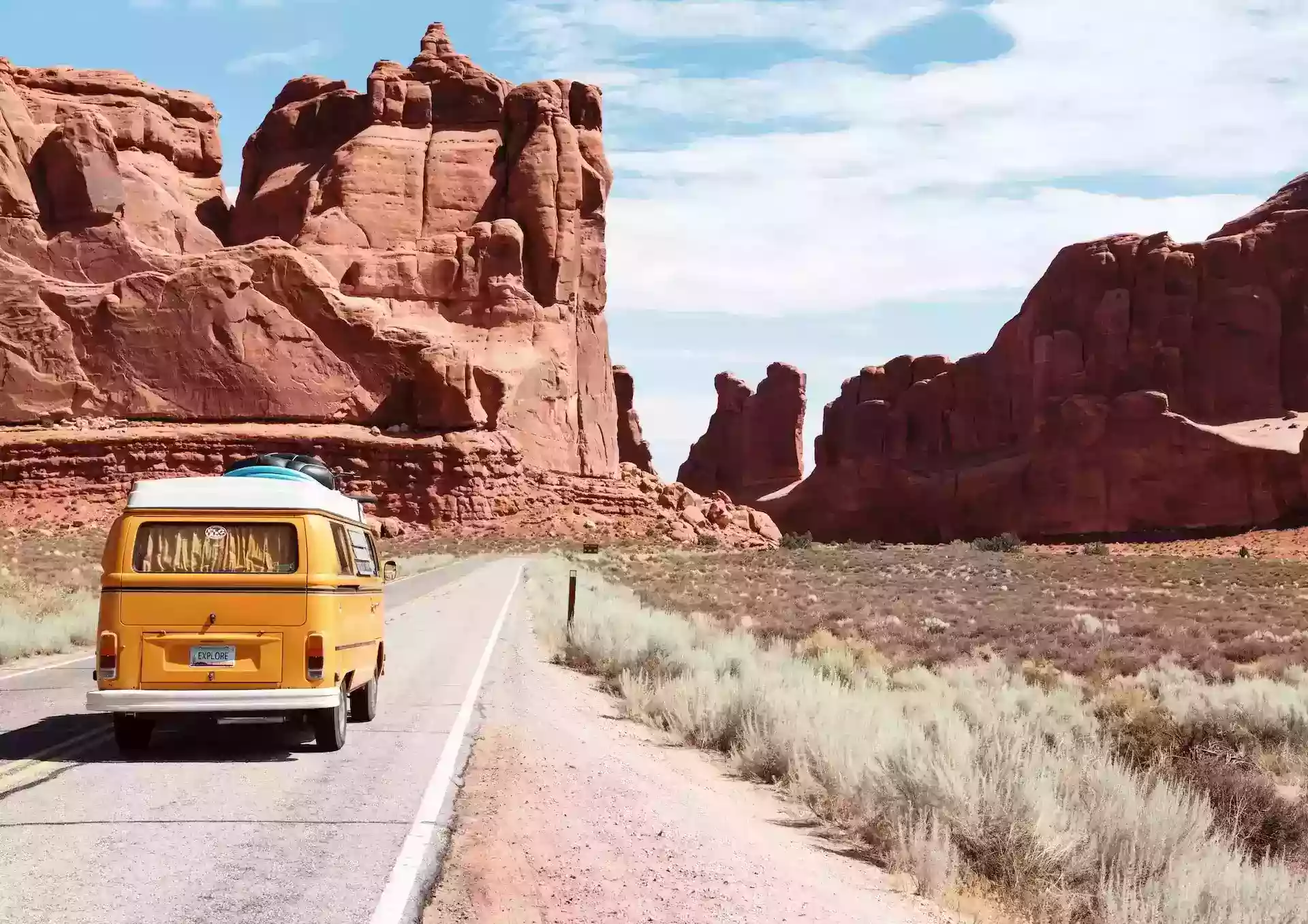Tanzania Travel Tips: Don't Miss These Essential Things Before You Go
Morgan Wiggins
Apr08,2023 • 4 min read

T
anzania is a country that offers breathtaking natural beauty, a rich cultural heritage, and an opportunity to experience wildlife in its natural habitat. Whether you're planning a safari adventure, a climb to the summit of Mount Kilimanjaro, or a relaxing beach getaway, there are a few essential things to know about language, currency, accommodation, food, and transportation. We'll cover some Tanzania travel tips to help you make the most of your trip.
Entry requirements for Tanzania
Before traveling to Tanzania, make sure you have a valid passport with at least six months of validity remaining. If you're a US citizen, you'll need to obtain a tourist visa before entering the country. You can apply for a visa online or in person at the Tanzanian embassy in your country. Make sure to check the latest entry requirements and travel advisories before booking your trip.
Best time to visit Tanzania
Tanzania has a tropical climate with two main seasons: a dry season and a rainy season. The dry season runs from June to October and is the best time to visit for wildlife sightings. The rainy season which runs from November to May is ideal for bird watching and lush green scenery. The peak tourist season is from July to October, so if you want to avoid crowds, consider traveling during the shoulder season.
Health Considerations for Travelers to Tanzania
Before traveling to Tanzania, make sure you're up to date on all routine vaccinations, such as measles, mumps, rubella (MMR), and tetanus. You may also need additional vaccinations depending on your travel plans and length of stay. Malaria is prevalent in Tanzania, so it's essential to take prophylactic medication wear long sleeves and pants and use insect repellent. Ensure to drink only bottled or filtered water and avoid uncooked food and unpeeled fruits and vegetables.
Cultural Customs and Etiquette in Tanzania
Tanzania has a rich cultural heritage, with over 120 ethnic groups, each with its language and customs. It's essential to respect the local customs and etiquette, such as covering your knees and shoulders when visiting mosques and churches, removing your shoes before entering a home, and using your right hand to eat and shake hands. It's also important to ask for permission before taking photographs of people.
Top tourist attractions in Tanzania
Tanzania has plenty of attractions to explore, from the Serengeti National Park to the beaches of Zanzibar. Some other must-see destinations include:
- Mount Kilimanjaro, the highest peak in Africa
- Ngorongoro Crater, a UNESCO World Heritage Site and one of the world's largest volcanic calderas
- Lake Victoria, the largest lake in Africa and the second-largest freshwater lake in the world
- The Selous Game Reserve, the largest game reserve in Africa
- The Maasai Mara, a wildlife reserve that's home to the famous Maasai people
Language and Communication in Tanzania
Swahili is the national language of Tanzania, and it's spoken by the majority of the population. However, there are over 120 ethnic groups in Tanzania, and many people speak their native languages. English is also widely spoken, especially in tourist areas. It's always helpful to learn a few basic phrases in Swahili, such as "hello" (Jambo), "thank you" (Asante), and "goodbye" (where). Knowing some basic Swahili can help you connect with the locals and show that you respect their culture.
Currency and money exchange in Tanzania
The Tanzanian shilling (TZS) is the official currency of Tanzania. US dollars are also widely accepted, especially in tourist areas. However, it's always best to carry some local currency for small purchases and to avoid potential scams. You can exchange money at banks and foreign exchange bureaus in major cities, but it's essential to be careful of scams and choose reputable exchange services. Credit cards are accepted in major hotels and restaurants, but cash is king in most places.
Accommodation options in Tanzania
Tanzania has a range of accommodation options to suit every budget and travel style. From luxury lodges to budget-friendly hostels, there's something for everyone. Some popular accommodation options include
- Safari lodges and tented camps are ideal for those who want to experience wildlife in comfort and luxury.
- Beach resorts: Tanzania has some beautiful beaches, and there are plenty of resorts that offer a tropical getaway.
- Guesthouses and homestays are ideal for those who want to experience the local culture and hospitality.
- Budget-friendly hostels are ideal for backpackers and those on a tight budget.
Local Food and Drink in Tanzania
Tanzanian cuisine is a blend of African, Indian, and Arabic influences and it's delicious. Some popular dishes include ugali (a cornmeal porridge), nyama choma (grilled meat), and pilau (spiced rice). There are also plenty of street food options, such as samosas, grilled maize, and Chapati (a type of flatbread). It's essential to be cautious about what you eat and drink to avoid getting sick. Stick to bottled or filtered water and avoid ice cubes and uncooked food.
Transportation options in Tanzania
Tanzania has many transportation options, including buses, taxis, and rental cars. However, it's essential to be careful when using public transportation and to choose reputable companies. Taxis are widely available in major cities, but it's best to agree on a price before getting in. Rental cars are available in major cities, but driving in Tanzania can be challenging, and it's best to hire a local driver. Tanzania also has a range of domestic airlines that offer flights to major tourist destinations.
Conclusion
Tanzania is a beautiful country that offers a wealth of experiences for travelers. By following these essential travel tips, you'll be well-prepared for your trip and able to make the most of everything that Tanzania offers.

